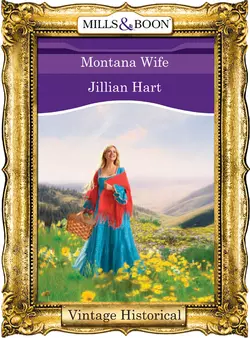Montana Wife

Jillian Hart
Тип: электронная книга
Жанр: Современная зарубежная литература
Язык: на английском языке
Стоимость: 152.25 ₽
Статус: В продаже
Издательство: HarperCollins
Дата публикации: 16.04.2024
Отзывы: Пока нет Добавить отзыв
О книге: Man and wife–facing the rigors of high country ranchingThat was the simple, solid ideal that Daniel Lindsay willingly offered Rayna Ludgrin. But she′d lived a grand passion, he knew, and he could promise only a quiet, steady brand of love…!Her soul raw with a new widow′s grief, Rayna Ludgrin vowed she′d never feel love again. Still, life under the wide Montana sky was hard for a woman alone–and she pledged herself to Daniel Lindsay out of a desperate need to save her sons and her ranch. But though she′d taken him into her home as husband, could she ever welcome him into her heart?